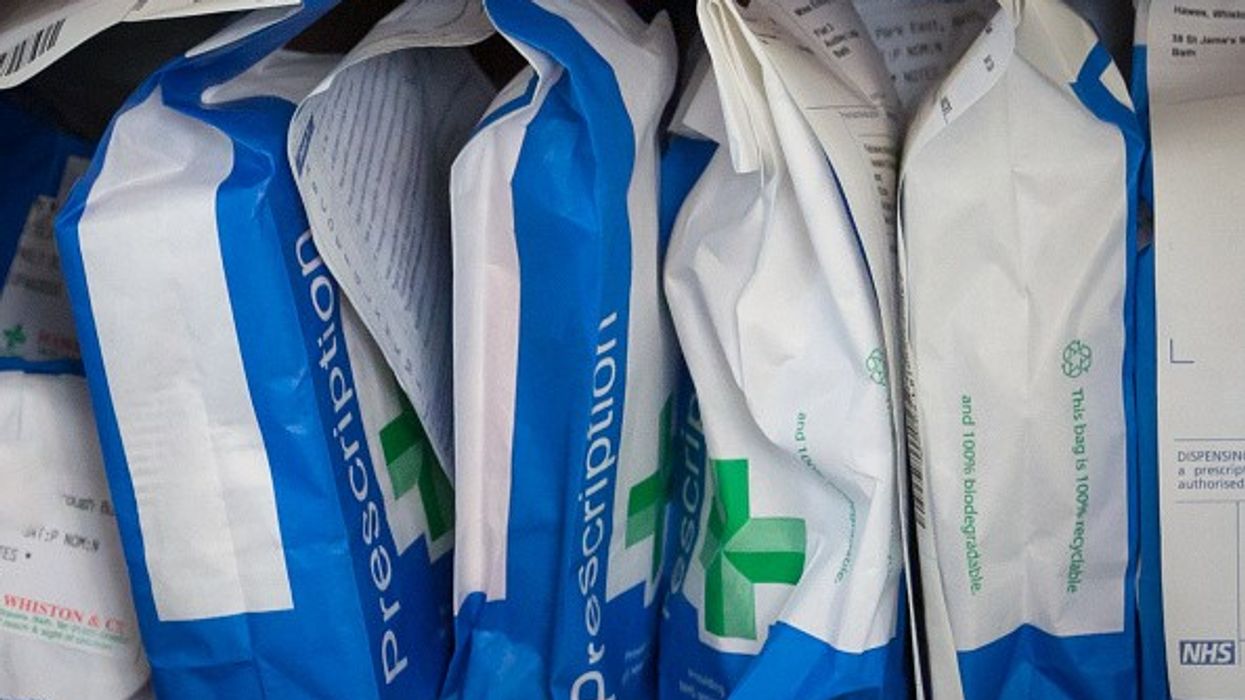By streamlining repeat prescribing systems, the RPS/RCGP toolkit aims to reduce the impact of overprescribing and problematic polypharmacy
The Royal Pharmaceutical Society (RPS) and the Royal College of GPs (RCGP) have launched a new toolkit to enhance the consistency, safety, and efficiency of repeat prescribing systems in general practices across England.
Commissioned by NHS England, this toolkit is the first national good practice guidance for repeat prescribing in two decades and aims to address issues highlighted by the 2021 National Overprescribing Review.
The review recognised the impact that poorly operated repeat prescribing can have on overprescribing and problematic polypharmacy.
Over 1 billion prescriptions are dispensed annually in England, 77% of which are repeat prescriptions, which account for nearly 80% of NHS primary care medicine costs.
The sheer volume and workload of repeat prescriptions underscore the need for streamlined and improved processes.
The RPS/RCGP Repeat Prescribing Toolkit allows GP practice teams and primary care networks, working in collaboration with community pharmacies and patients, to create a “collaborative, safe and efficient” repeat prescribing process.
This approach aims to enhance patient care by addressing inconsistencies and potential oversupply, whilst reducing unnecessary medicines waste and saving NHS resources.
Clare Howard, RPS Fellow and Clinical Lead author, noted that this toolkit marks a significant step forward in ensuring the safety and efficiency of repeat prescribing systems, ultimately benefiting patients and the NHS as a whole.
“By working together, the RPS and RCGP have developed practical guidance and useful resources which will enable GP practices and Primary Care Networks to self-assess their current arrangements and make meaningful improvements in their repeat prescribing processes,” she explained.
The toolkit also includes practical guidance on improving communication with patients about repeat prescribing, supported by good practice case studies, flow charts, action plan templates, and useful resources.
Dr Michael Mulholland, Honorary Secretary of the RCGP, emphasised that safe and appropriate prescribing is a key skill for GPs, and they take it “very seriously”
“Repeat prescribing makes up a large part of the general practice workload and we need to make sure we are always streamlining and improving the process,” he said.
To complement the toolkit, a new NHS dashboard has been developed to highlight potential oversupply of medicines in various prescribing areas. The dashboard will support improvement initiatives, particularly by identifying inconsistencies in repeat prescribing processes, to help minimise avoidable waste and the risk of patient harm.
Graham Prestwich, patient representative and Board Member at Healthwatch Leeds, stated that the toolkit and associated resources will help make communicating with patients about their repeat medicines “simpler and more effective."
Professor Tony Avery, National Clinical Director for Prescribing at NHS England, emphasised the importance of the tool, stating: “With over one billion prescriptions dispensed annually in England, over three quarters of which are repeat prescriptions, it is essential that repeat prescribing systems in general practices are safe for patients and efficient for all involved.”
The toolkit is now available for use by general practices, Primary Care Networks, Integrated Care Boards, and community pharmacies across England.













